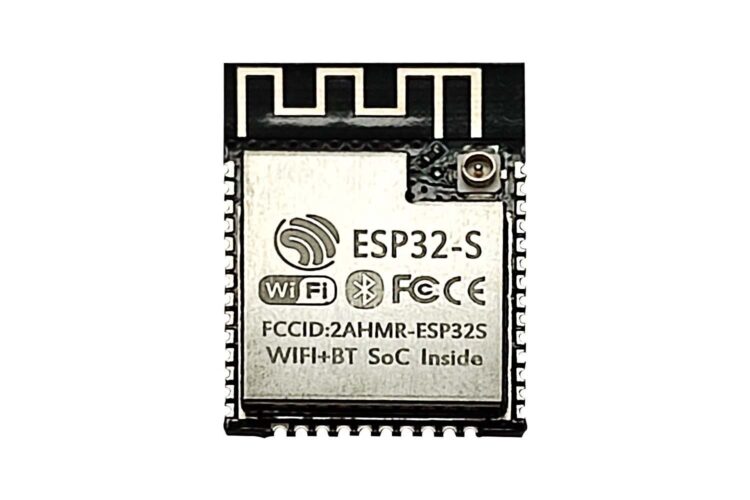A newly discovered vulnerability in crypto hardware wallets using Chinese-manufactured ESP32 microcontrollers has raised serious alarm among security researchers, threatening the safety of Bitcoin transactions and sensitive user data.
Cybersecurity firm Crypto Deep Tech has released a report flagging a critical security flaw in ESP32 chips—widely used in devices such as the Blockstream Jade wallet and open-source projects like Bowser and Colibri. These chips, often embedded in security-focused environments, are now at the center of a potential storm that could expose millions of dollars in crypto assets to theft.
According to the report, attackers can exploit the chip’s built-in Bluetooth and Wi-Fi functions to deliver malicious firmware updates. Once embedded, these updates allow low-level system access, enabling bad actors to extract private keys and sign unauthorized Bitcoin transactions—all without triggering user alerts.
The vulnerability stems from several core issues in the chip’s architecture. Crypto Deep Tech researchers highlighted a weak random number generator, which undermines the unpredictability of private keys, and broken validation checks that allow malformed keys to pass as legitimate. Electrum-based wallets are especially vulnerable, as the chip’s flawed hashing logic allows for forged ECDSA signatures that mimic real Bitcoin transactions.
In a chilling real-world demonstration, researchers successfully used the exploit to gain full access to a live Bitcoin wallet containing 10 BTC—without alerting the user at any stage of the attack.
Beyond crypto, the implications are far-reaching. The same vulnerability could fuel large-scale supply chain attacks, government-level surveillance, and coordinated digital heists in networks using ESP32-powered devices.
To combat the threat, users are urged to stick to trusted hardware, ensure their wallet firmware is regularly updated, and depend on robust cryptographic libraries. Still, the findings serve as a stark reminder that hardware wallets, often considered the safer bet over software alternatives, are not immune to sophisticated attacks.
This isn’t the first time the hardware wallet industry has faced scrutiny. Just last month, security analysts at Ledger Donjon revealed that Trezor’s latest “Safe” models remain susceptible to voltage glitching attacks. Although these wallets feature secure elements for protecting PINs and secrets, the STM32 microcontroller at their core leaves them vulnerable to non-invasive, undetectable breaches.
If you want to read more news articles like this, visit DeFi Planet and follow us on Twitter, LinkedIn, Facebook, Instagram, and CoinMarketCap Community.
“Take control of your crypto portfolio with MARKETS PRO, DeFi Planet’s suite of analytics tools.”





















